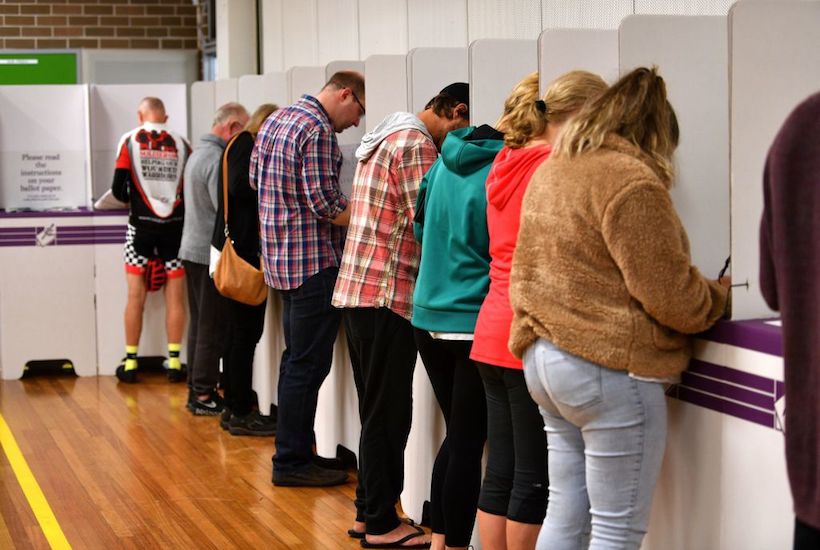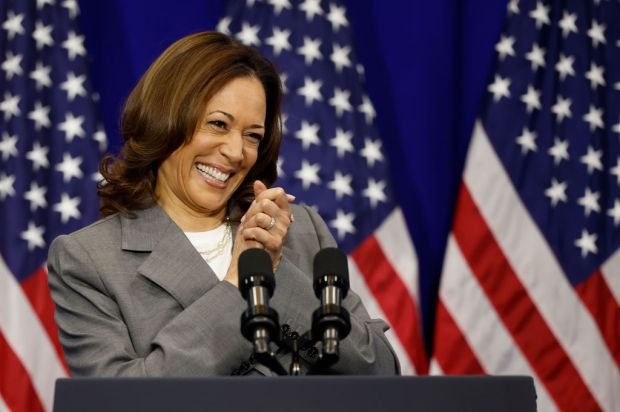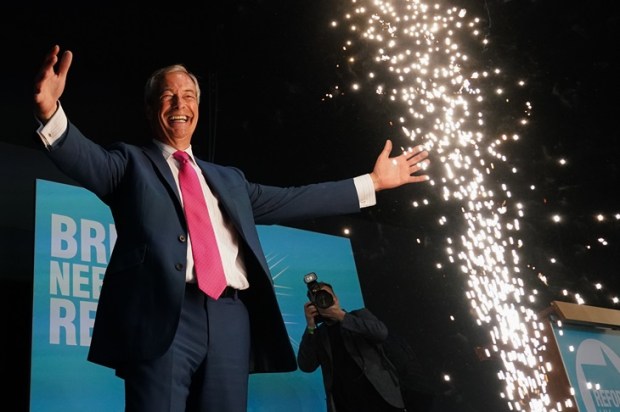The ‘Voices for’ network is standing self-declared ‘Independent’ candidates in affluent Liberal Party seats in the coming federal election.
It is the work of the Community Independents Project, established by several consultants to the government in the electorate of Indi, including Cathy McGowan, Alana Johnson, Susan Benedyka, and Ruth McGowan. The fact that its founders are exclusively consultants to the government is critical to understanding this group and its politics.
Already a subscriber? Log in
Subscribe for just $2 a week
Try a month of The Spectator Australia absolutely free and without commitment. Not only that but – if you choose to continue – you’ll pay just $2 a week for your first year.
- Unlimited access to spectator.com.au and app
- The weekly edition on the Spectator Australia app
- Spectator podcasts and newsletters
- Full access to spectator.co.uk


























Comments
Don't miss out
Join the conversation with other Spectator Australia readers. Subscribe to leave a comment.
SUBSCRIBEAlready a subscriber? Log in